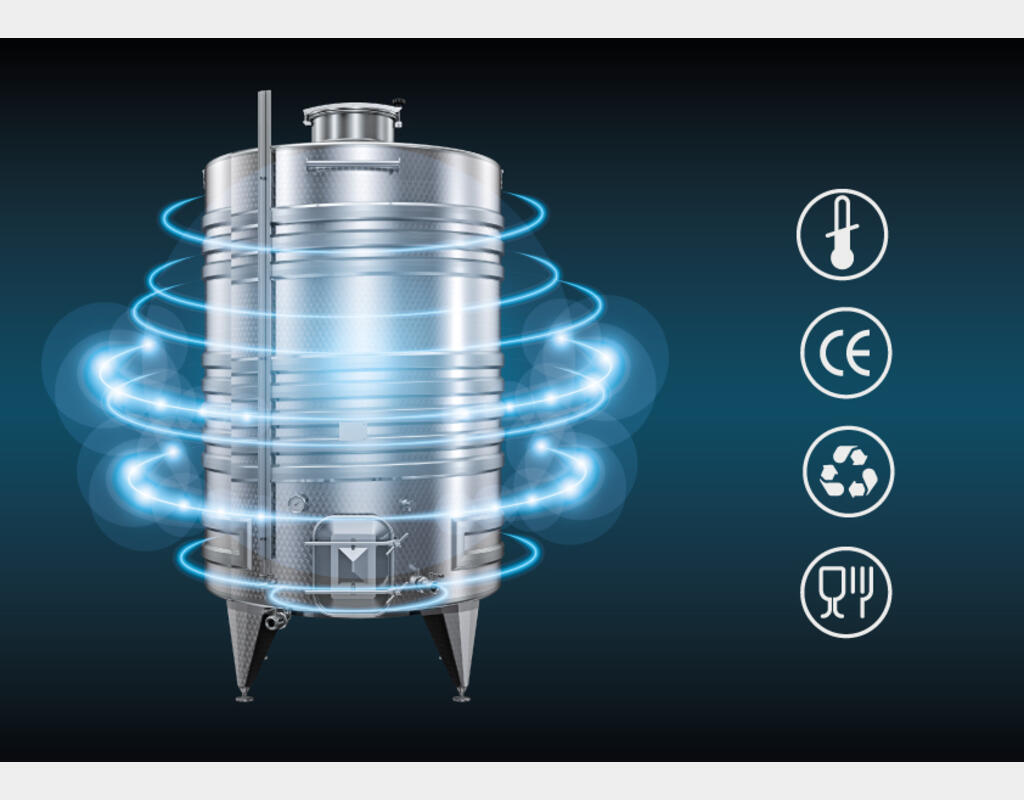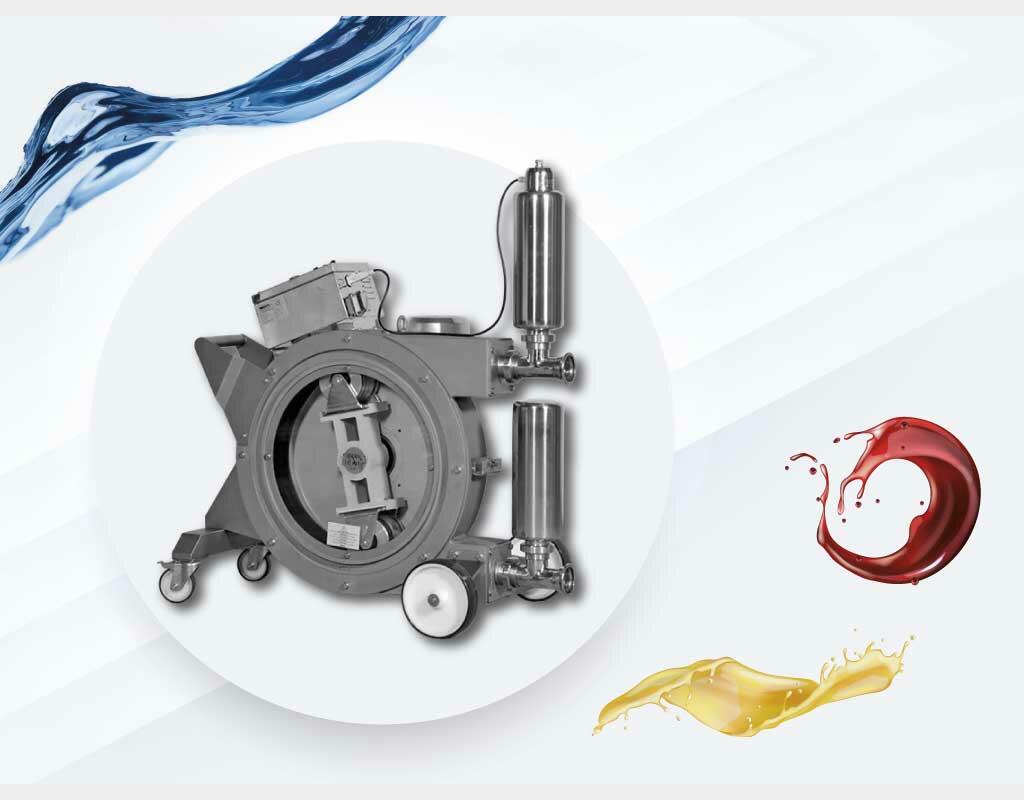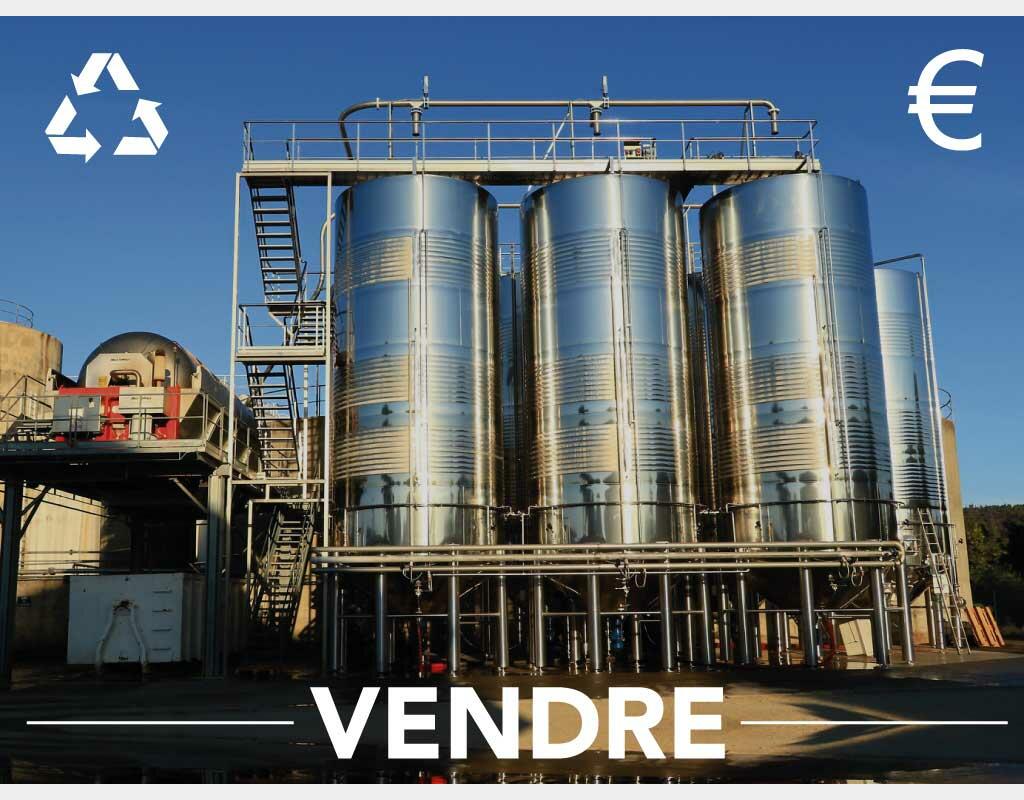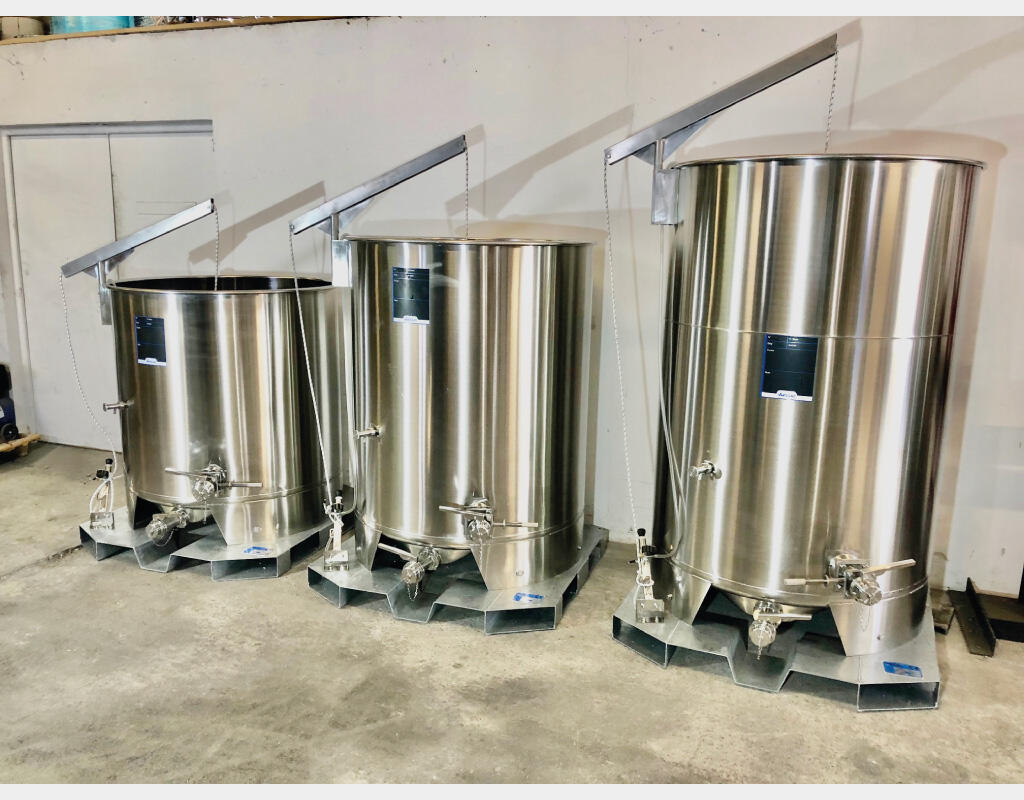Stainless steel tanks for fine chemicals storage
Stainless steel tanks : an ideal solution for storage in fine chemicals
Fine chemicals is a field of chemistry that deals with the production of high value-added chemical substances such as drugs, pharmaceuticals and agrochemicals. To produce these substances, it is essential to handle and store hazardous chemicals. For this reason, companies working in this field must have chemical tanks that are able to store these products safely and efficiently.
Safety is a major issue in the fine chemicals industry, especially when it comes to the storage of chemicals. Chemical tanks are commonly used storage devices in the chemical industry, but their use must be optimised to avoid accidents. This is where stainless steel tanks come in. Stainless steel tanks have become the storage solution of choice in the fine chemicals industry, due to their unique properties that make them safer and more reliable than other materials.
Types of chemicals that can be stored in stainless steel tanks
Stainless steel tanks can be used to store various types of fine chemicals, such as acids, bases, solvents and reagents. However, it is important to note that some chemicals may be incompatible with stainless steel and require a different type of tank. It is therefore essential to know the compatibility of chemicals with storage materials to avoid the risk of chemical reaction.
Safety measures when using stainless steel tanks in fine chemicals
The use of stainless steel tanks in fine chemicals requires special safety measures to avoid accidents. First of all, the tanks must be stored in a safe and well-ventilated place, away from sources of ignition. In addition, tanks should be handled with care to avoid the risk of leakage or rupture. Finally, it is important to follow the safety instructions provided by the tank manufacturer and to comply with current safety standards.
Before using a stainless steel tank to store a chemical, it is important to check the compatibility of the product with the stainless steel alloy used to manufacture the tank. Some chemicals can react with stainless steel and cause damage to the tank, which may result in contamination of the stored chemical.
Characteristics of stainless steel tanks for fine chemicals
Stainless steel tanks for fine chemicals have specific characteristics to guarantee their safety and efficiency. Firstly, these tanks must be equipped with safety valves to avoid the risk of overpressure. In addition, the tanks must be equipped with temperature and pressure measurement and control devices to ensure optimal storage conditions. Finally, the tanks must comply with international safety standards to ensure their reliability.
Stainless steel tanks for fine chemicals are available in a range of sizes and shapes to meet the storage needs of different chemicals. Here are some of the most important features of stainless steel fine chemicals tanks:
- Materials
Stainless steel fine chemical tanks are manufactured from high quality stainless steel, which is corrosion resistant and offers high durability and strength. The tanks can be lined with corrosion resistant materials for additional protection against aggressive chemicals. - Finish
Stainless steel tanks for fine chemicals have a polished surface finish which makes them smooth and easy to clean. This prevents cross-contamination of stored chemicals. - Accessories
Stainless steel fine chemicals tanks can be equipped with various accessories such as taps, valves, level gauges and heating and cooling systems to meet specific storage requirements. - Capacity
Stainless steel fine chemicals tanks are available in a range of sizes to meet the storage needs of different volumes of chemicals.
Advantages of stainless steel tanks in fine chemicals
Stainless steel tanks offer many advantages for the storage of chemicals, the main ones being- Corrosion resistance
Stainless steel tanks are made from a stainless steel alloy that is resistant to corrosion. This means that stainless steel tanks can be used to store corrosive chemicals such as acids and alkalis without corroding. - Durability
Stainless steel tanks are very durable and resistant to wear and tear. They are also impact and scratch resistant, making them ideal for use in harsh environments. - Easy to clean
Stainless steel tanks are easy to clean and maintain, making them ideal for use in sterile environments such as laboratories and pharmaceutical plants. Stainless steel tanks can also be polished to improve their corrosion resistance and aesthetics. - Adaptability
Stainless steel tanks can be manufactured in a wide variety of sizes and shapes to meet specific user requirements. They can also be fitted with various accessories such as agitators, heating and cooling systems to suit the particular requirements of the chemical being stored. - Thermal stability
Stainless steel tanks have high thermal stability, which means they can withstand high and low temperatures without deforming or cracking. This makes them more suitable for storing chemicals that need to be maintained at specific temperatures.
The environmental benefits of stainless steel tanks in fine chemicals
In addition to the safety and performance benefits, the use of stainless steel tanks in fine chemicals also offers environmental benefits. Some of the most important environmental benefits are- Recyclable
The stainless steel used to manufacture stainless steel tanks is 100% recyclable. This means that the tanks can be reused or recycled at the end of their life. - Waste reduction
Stainless steel tanks for fine chemicals have a longer life span than other materials, reducing the amount of waste produced over time. - Energy saving
Stainless steel fine chemicals tanks have high thermal stability, which means they require less energy to maintain storage temperatures. - Reduced emissions
The use of stainless steel fine chemicals tanks reduces greenhouse gas emissions because they require less energy for heating or cooling.
FAQ on stainless steel tanks in fine chemicals
Q : Are stainless steel tanks safe for the storage of all chemicals ?
A : No, it is important to check the compatibility of the chemical with the stainless steel alloy used to make the tank before using it for storage.
Q : Are stainless steel tanks for fine chemicals more expensive than other storage materials ?
A: Stainless steel fine chemical tanks may be more expensive to purchase than other storage materials, but they are more durable and offer better performance and safety, which can reduce costs in the long term.
Q : Do stainless steel tanks for fine chemicals require special maintenance ?
A: Stainless steel fine chemical tanks require regular maintenance to ensure their safety and performance. Appropriate maintenance protocols should be followed to prevent corrosion and ensure proper operation of the tank. This may include regular cleaning, inspection and repair of damage, and maintenance of accessories.
Q : Can stainless steel fine chemicals tanks be customised to meet specific storage needs ?
A: Yes, stainless steel fine chemicals tanks can be customised with various accessories and equipment to meet specific storage needs.
Stainless steel fine chemical tanks are a popular storage choice for chemicals due to their superior durability, safety and performance. In addition to the safety and performance benefits, the use of stainless steel fine chemical tanks also offers environmental benefits such as recyclability, waste reduction, energy savings and emission reduction. Stainless steel tanks for fine chemicals can be customised to meet specific storage requirements and require regular maintenance to ensure safety and performance.
→ Find out about stainless steel tanks for fine chemicals available in stock
Do not hesitate to contact us to discuss your project and analyse together the best solution of thermoregulated tanks for the profitability of your production





